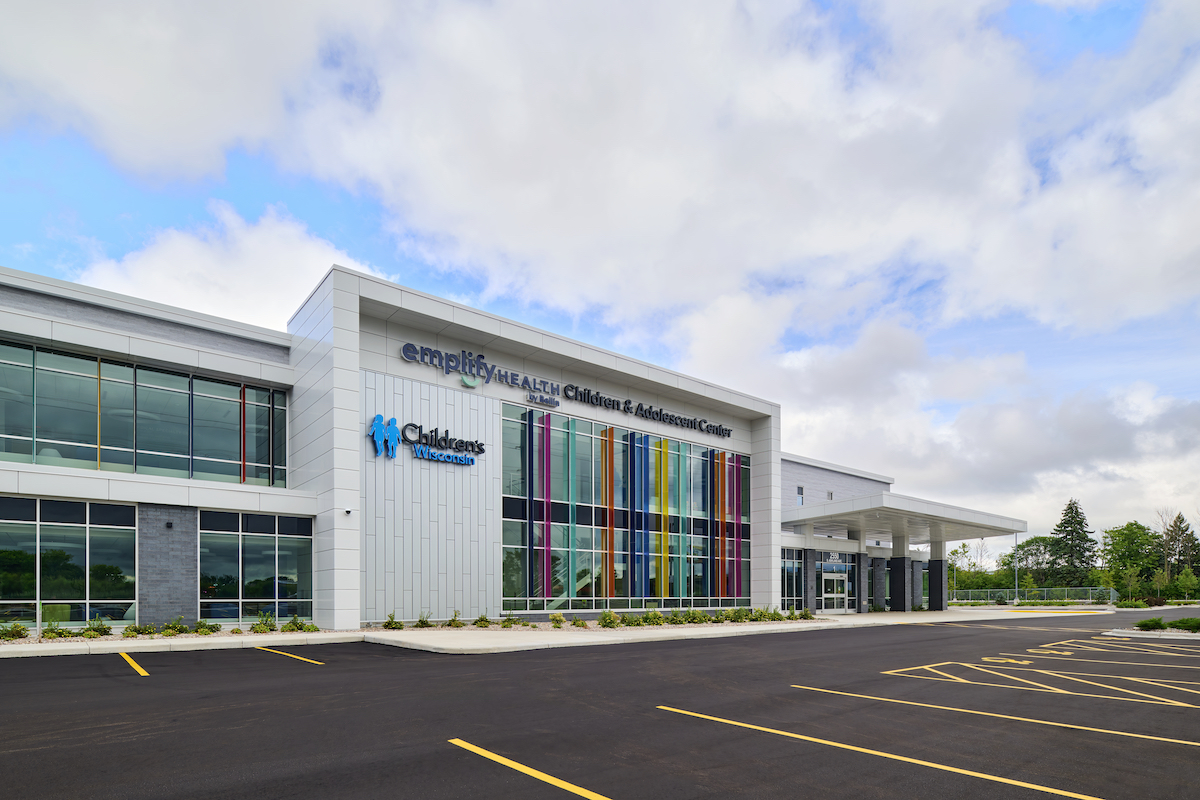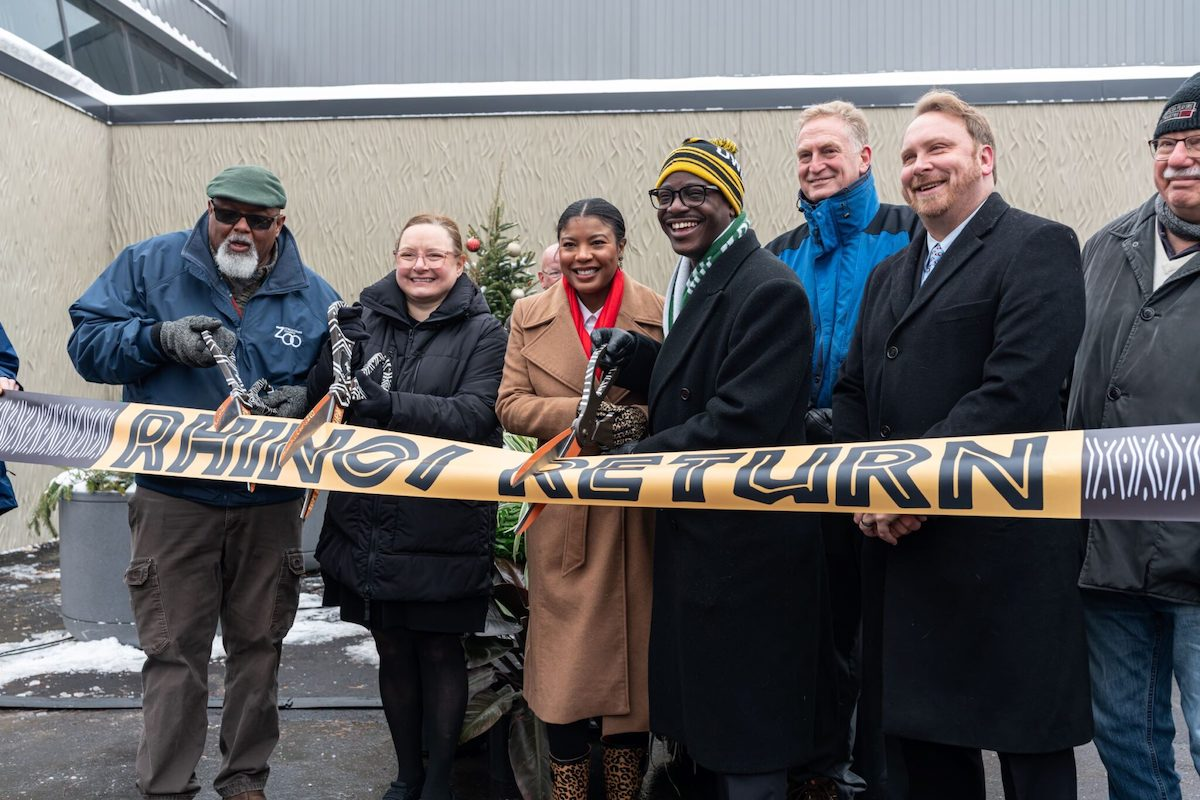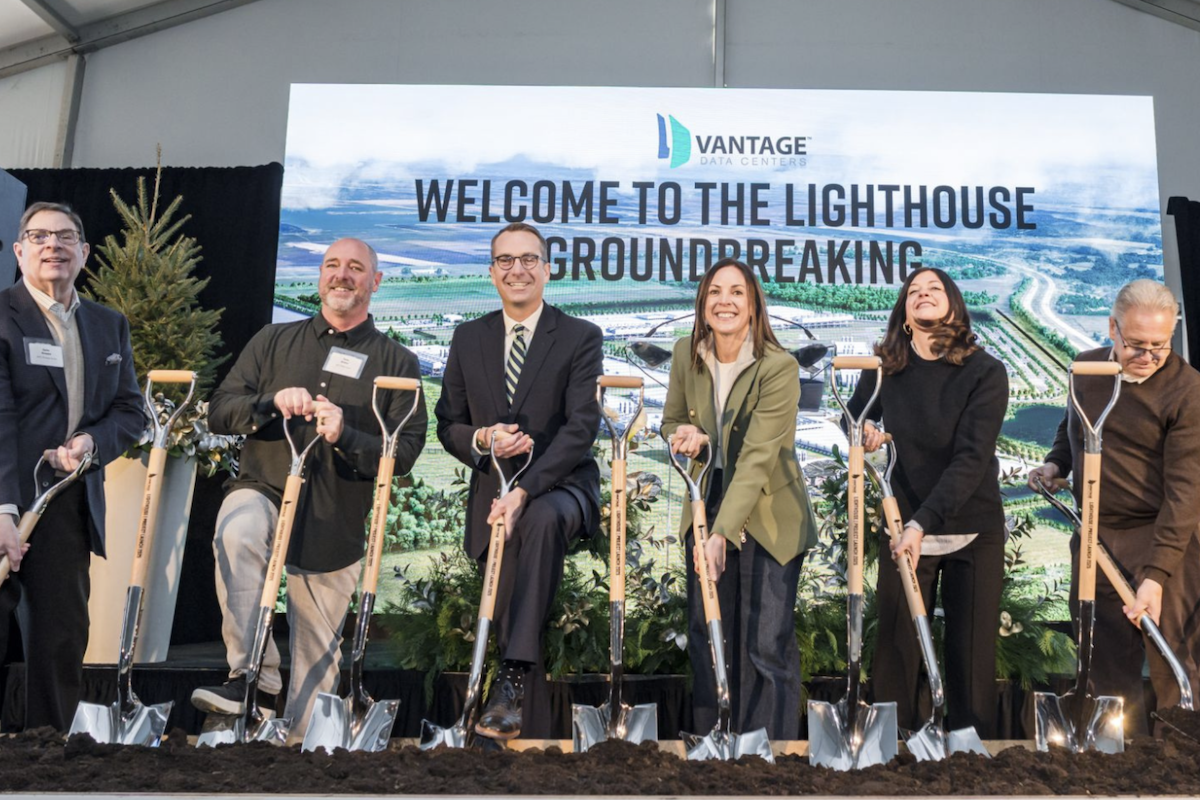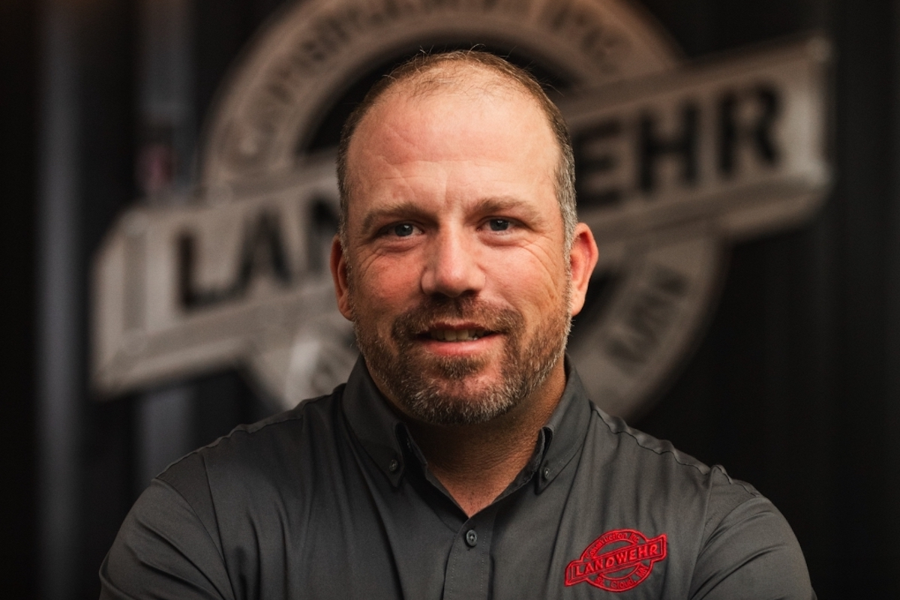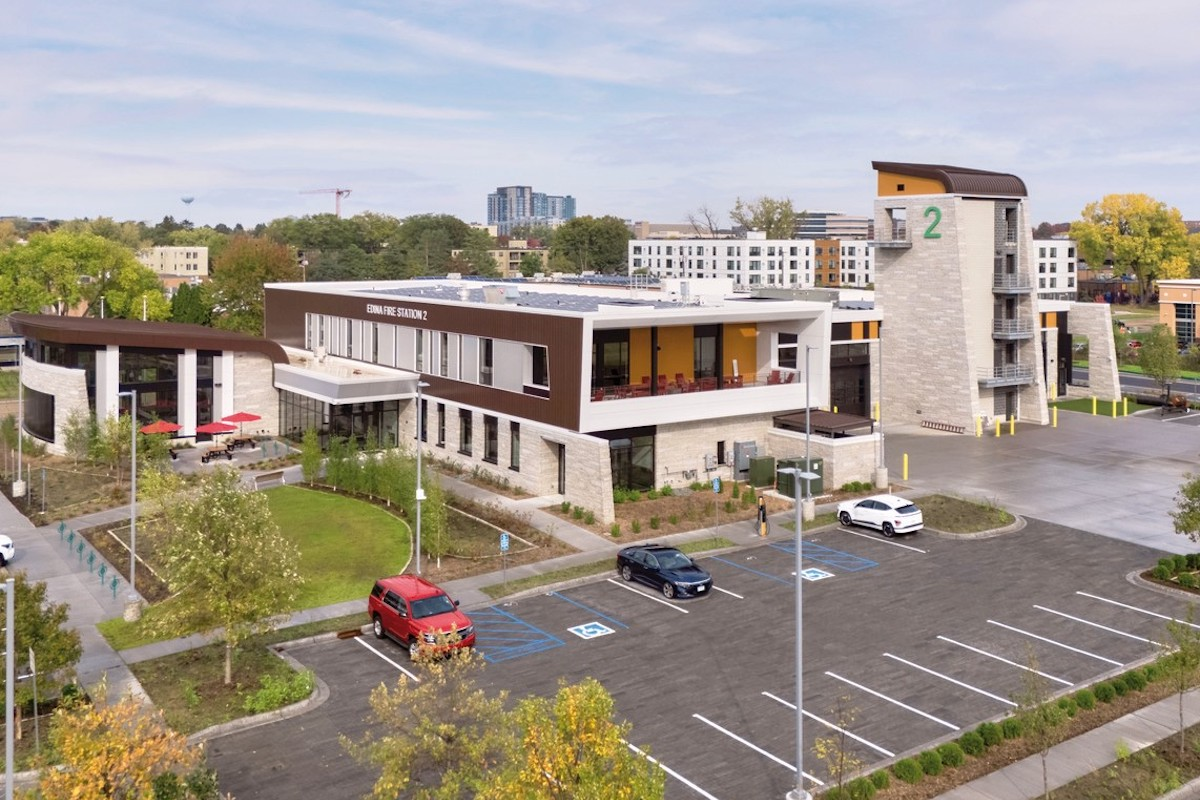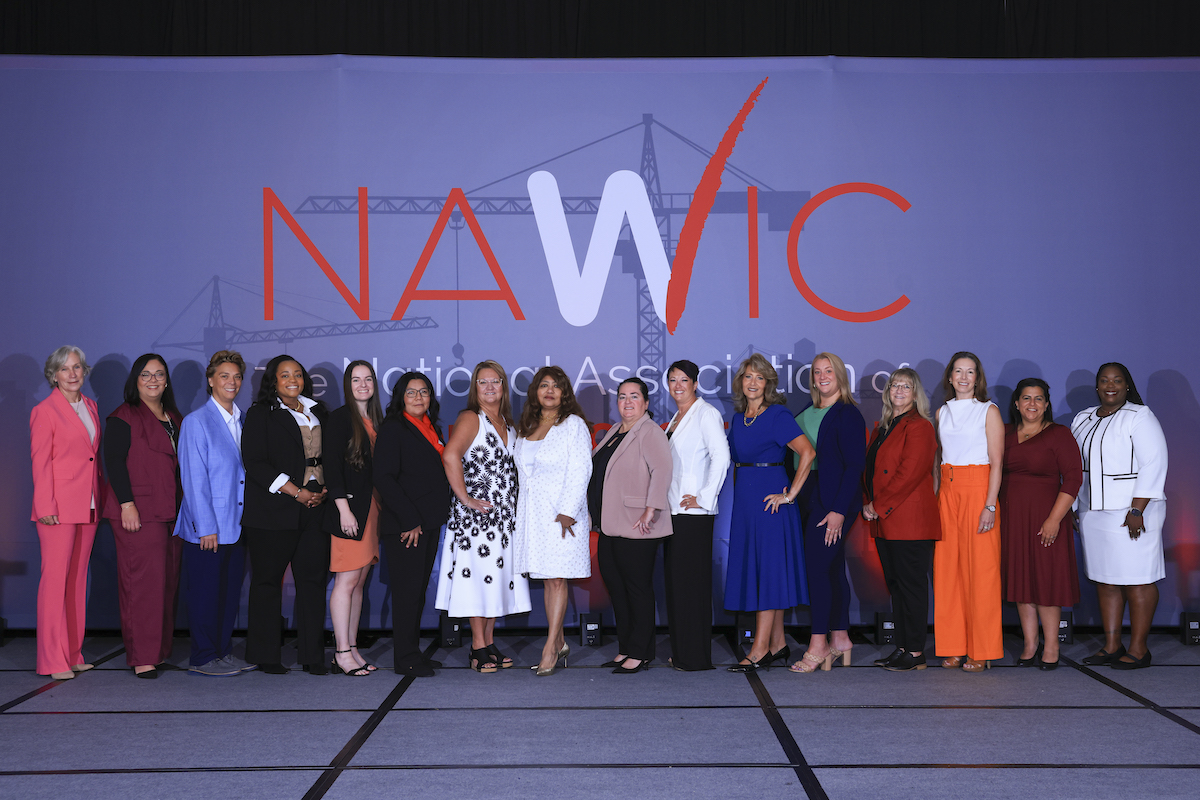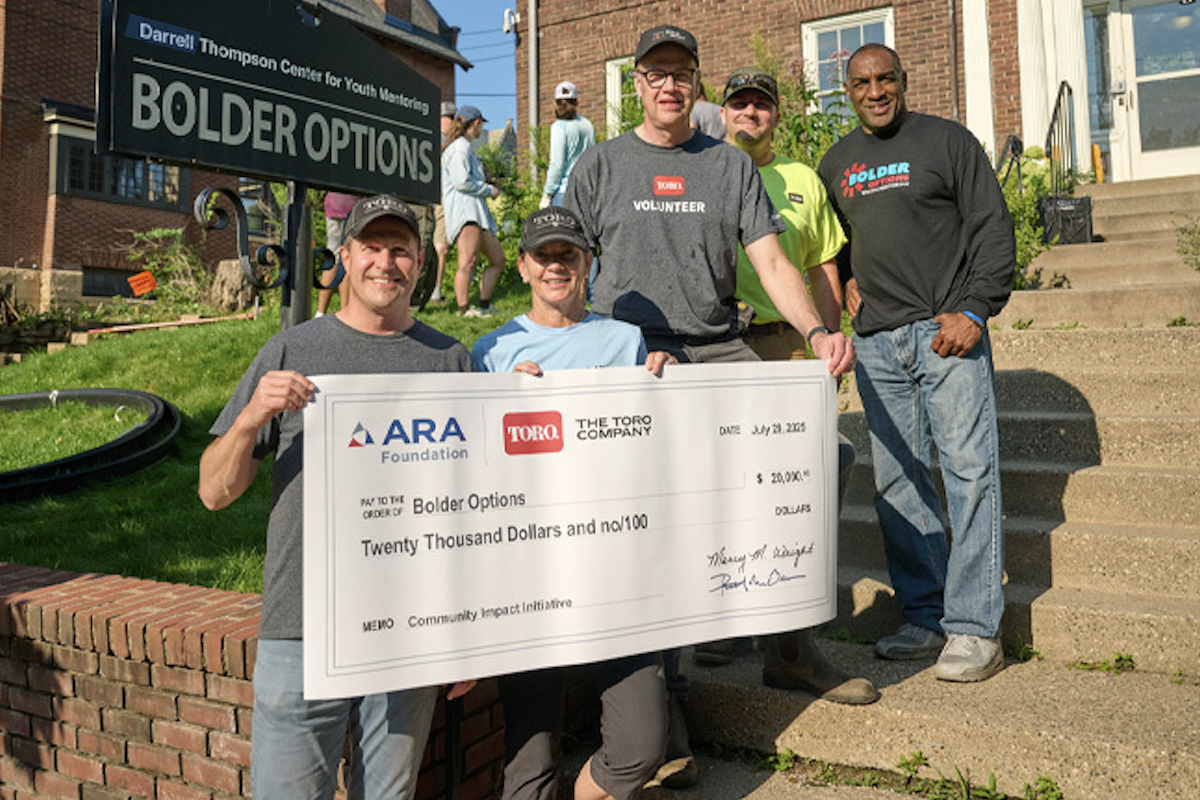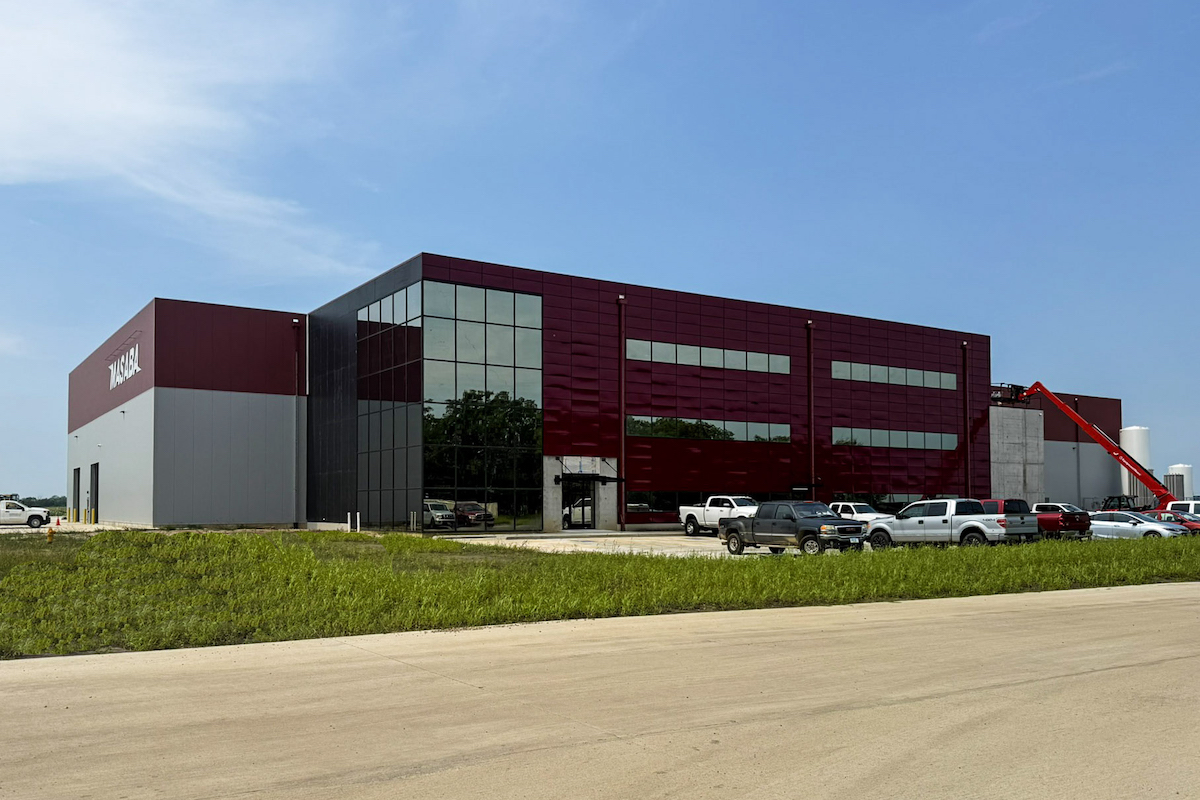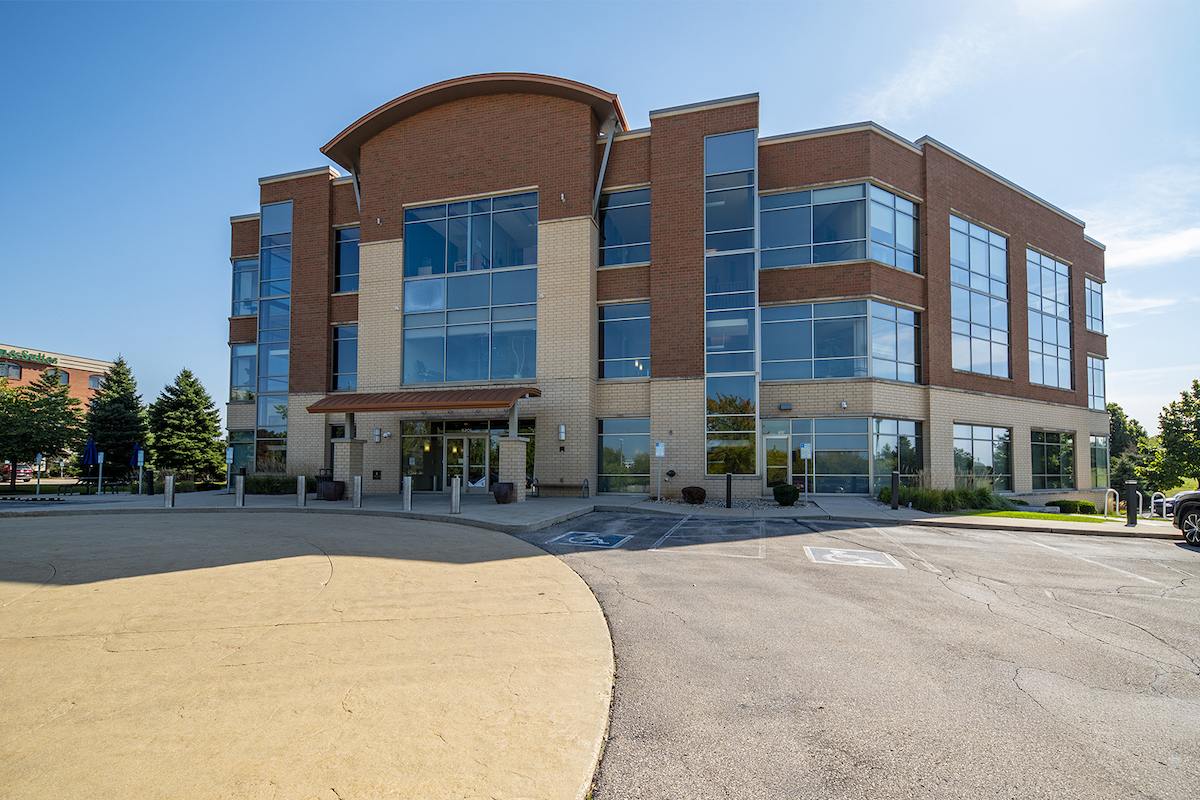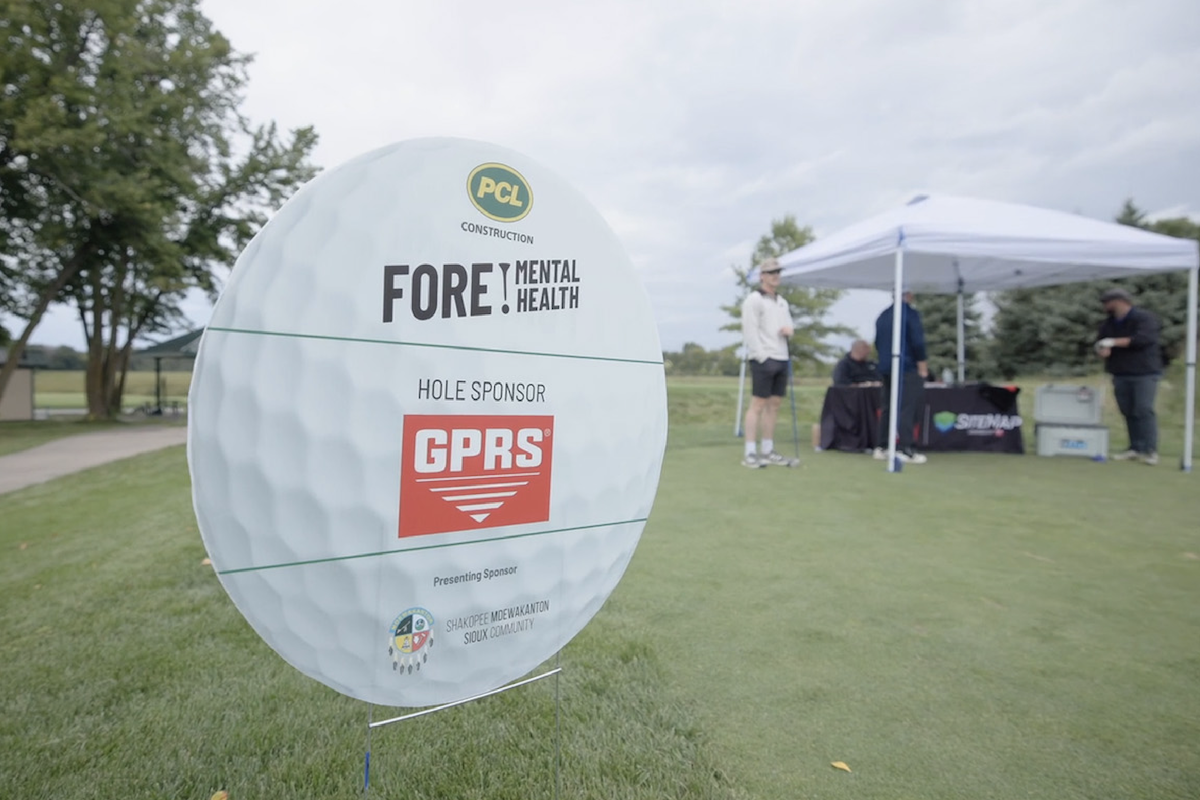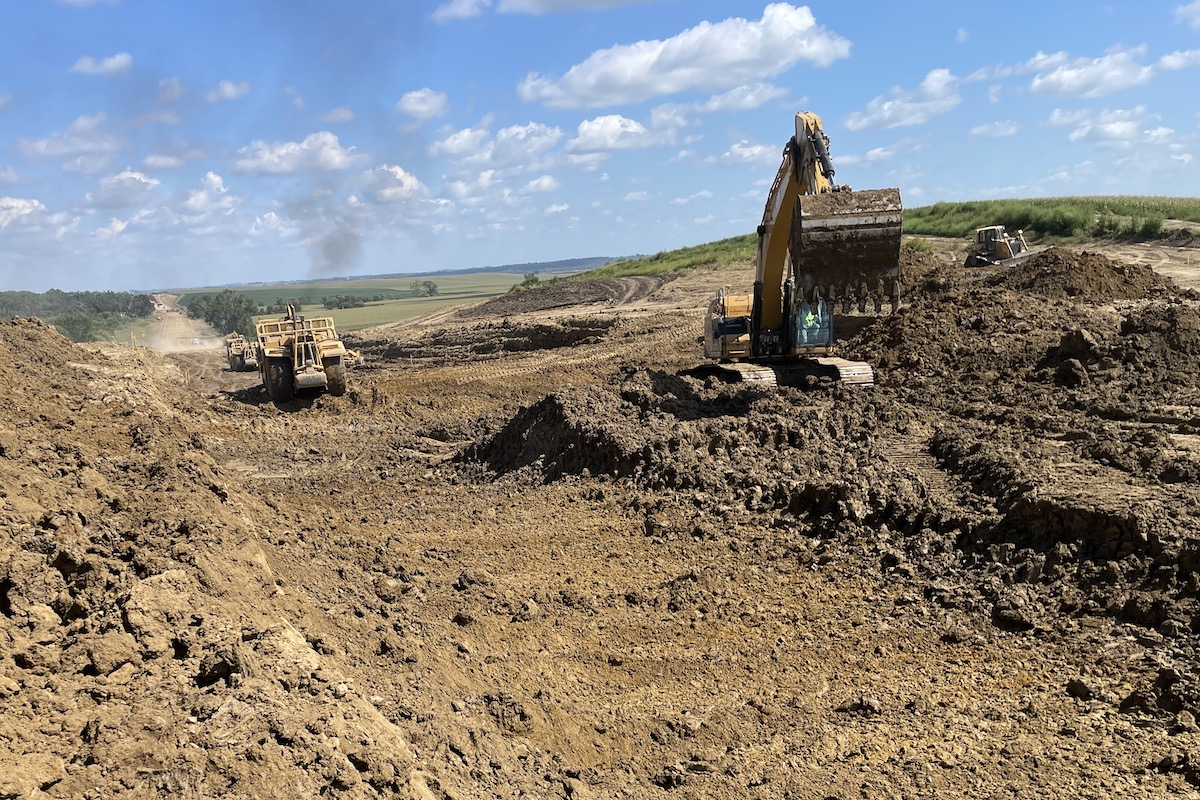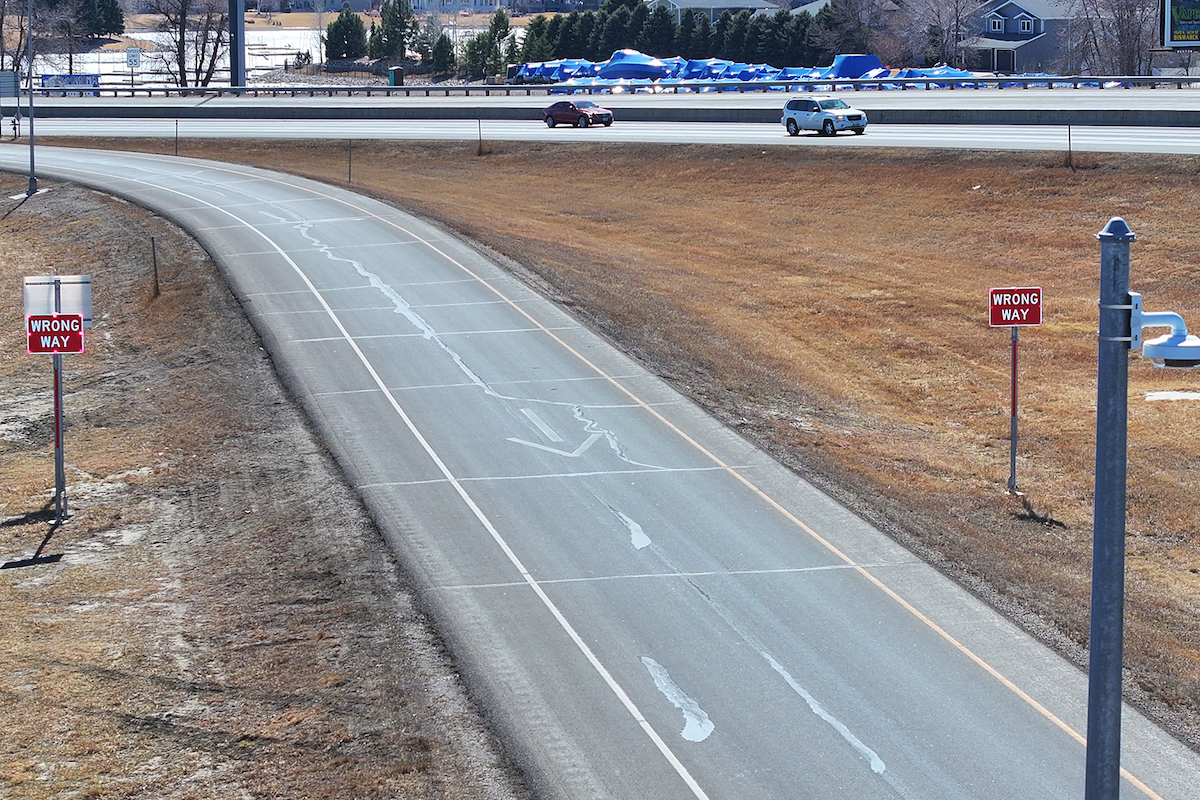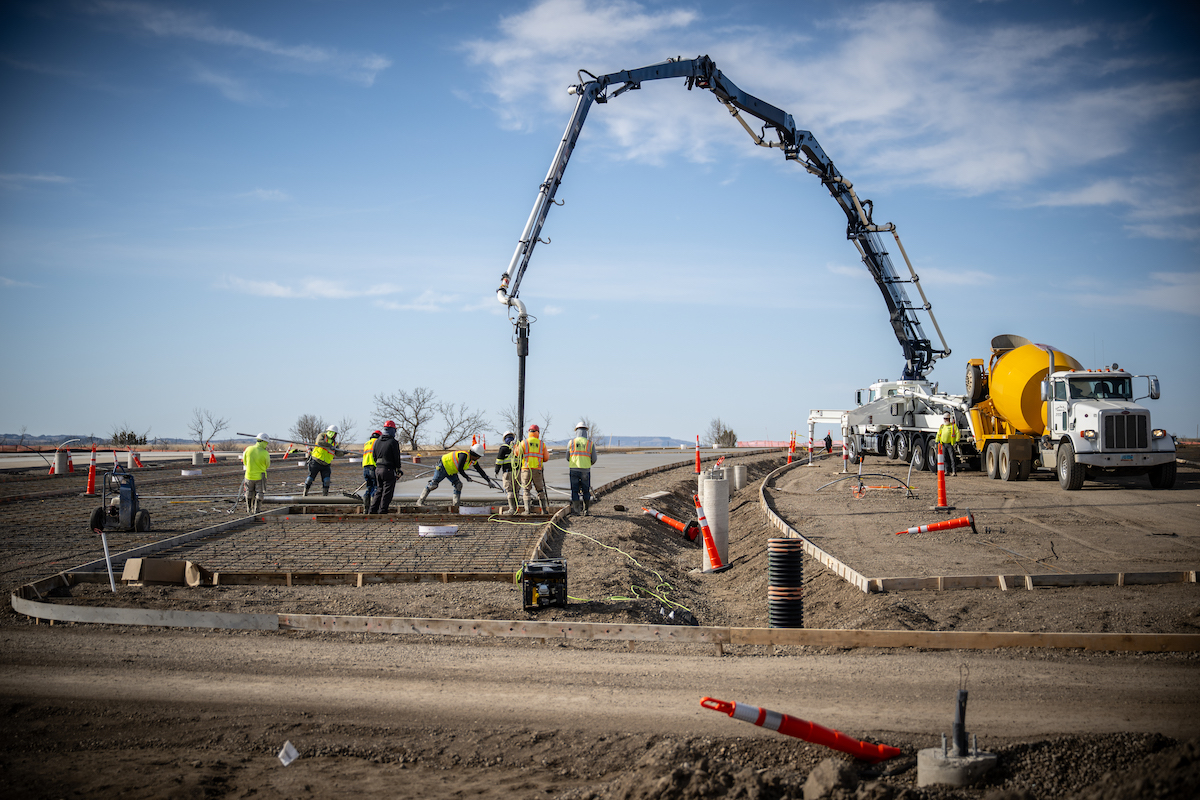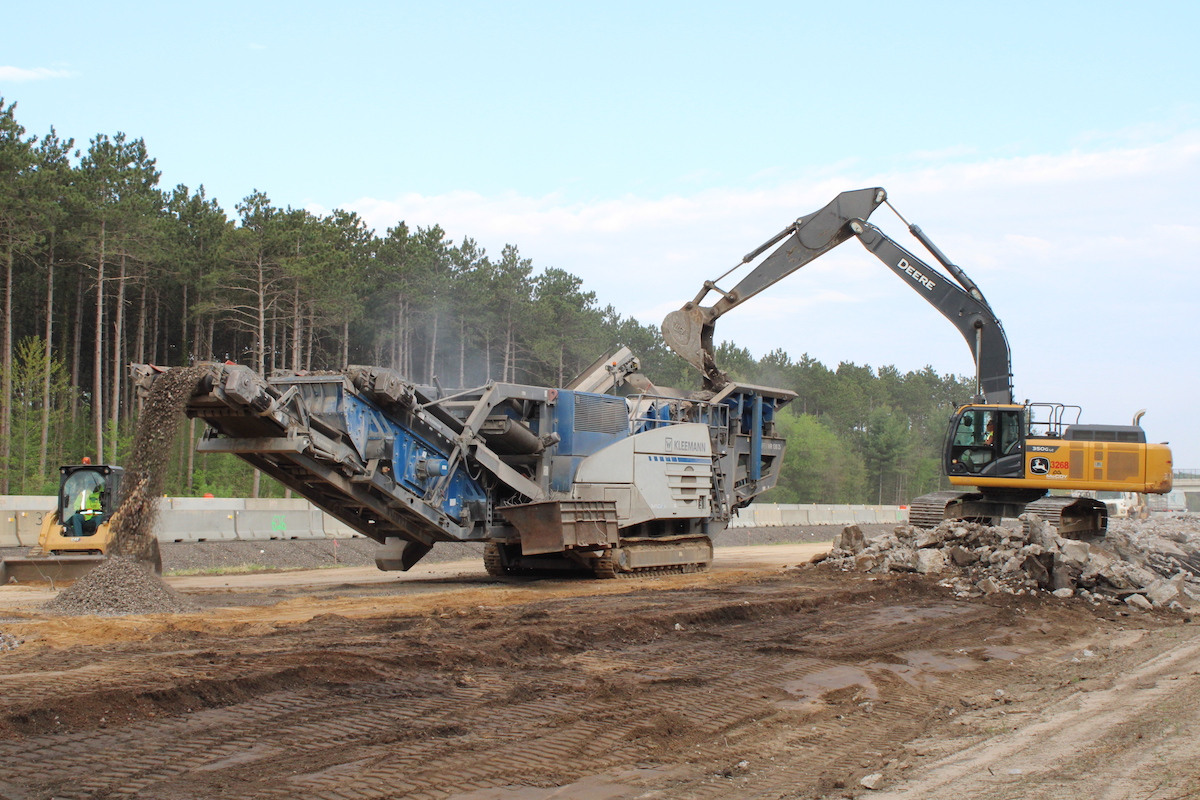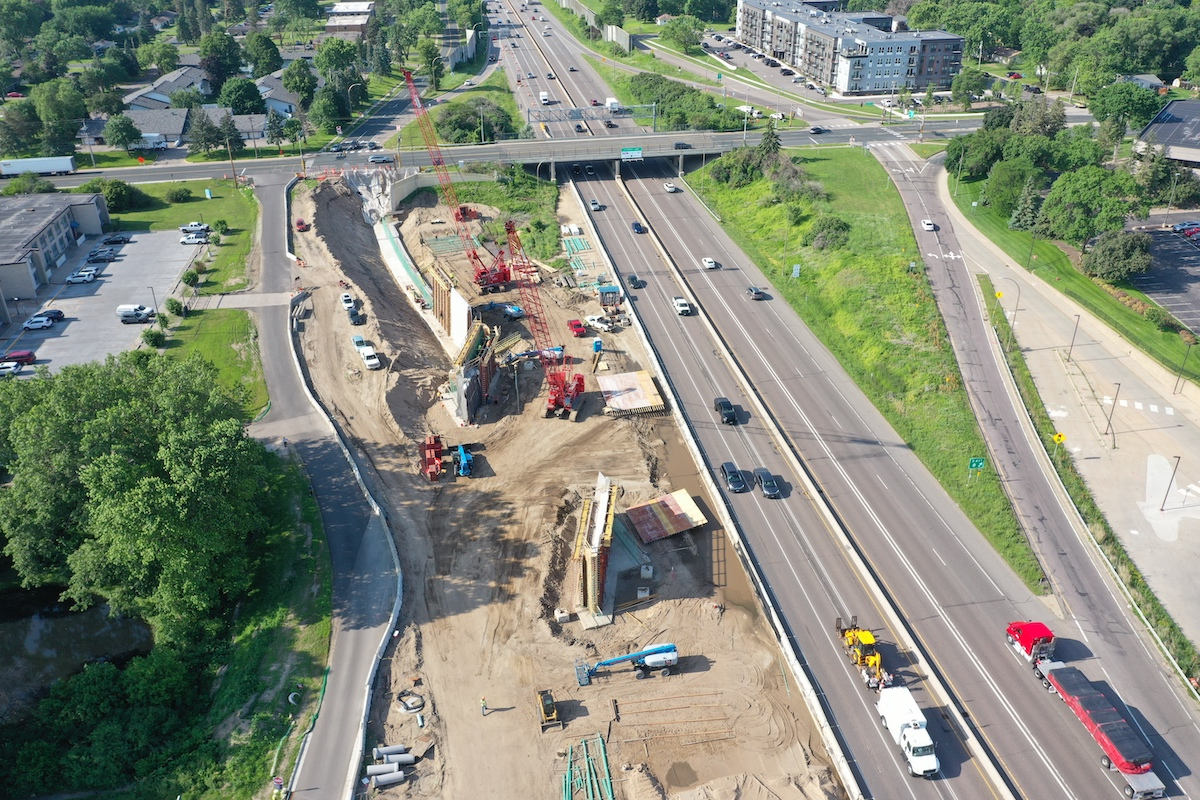The plan invests $700 million to build or expand six new water treatment plants, treat 33 municipal wells, connect 296 homes to municipal water systems, and provide a home water filtration system to homeowners with private wells. Municipal and private wells that meet or exceed the state’s PFAS Health Index of 0.5 will be offered treatment.
“This plan protects drinking water now, and into the future," said Kirk Koudelka, Assistant MPCA Commissioner. "The result is a plan that is comprehensive, safe and sustainable, resilient, and flexible to address the growing communities’ needs and an ever-changing PFAS world."
According to state agencies, the plan is a long-term solution that meets the quality, quantity, and sustainability goals for the region’s drinking water. The plan provides flexibility for communities to accommodate implementation preferences. As agencies continue to learn more about PFAS and new health-based values are developed in the future, the plan allows for additional treatment options that protect drinking water.
“We want to thank the local communities, work group members, and residents of the East Metro area for their countless hours of engagement with agencies in the development of this plan,” said DNR Assistant Commissioner Jess Richards. “The agencies will continue to work closely with local communities on the implementation of the plan and will regularly assess its effectiveness going forward.”

| Your local Trimble Construction Division dealer |
|---|
| SITECH Dakotas c/o Butler Machinery |
| Fabick CAT/WI |
Per- and polyfluoroalkyl substances (PFAS) are a family of synthetic chemicals initially developed by 3M to make products that resist heat, oil, stains, grease, and water. Those chemicals were dumped in the East Metro for decades, leading to widespread drinking water contamination. In 2018, the State of Minnesota and 3M settled for $850 million for the damages to the state’s natural resources (e.g. groundwater which is the source of the East Metro’s drinking water). Since the settlement, state agencies have been working on the Conceptual Drinking Water Supply Plan that outlines safe and sustainable long-term drinking water solutions for residents and businesses impacted by the contamination.













